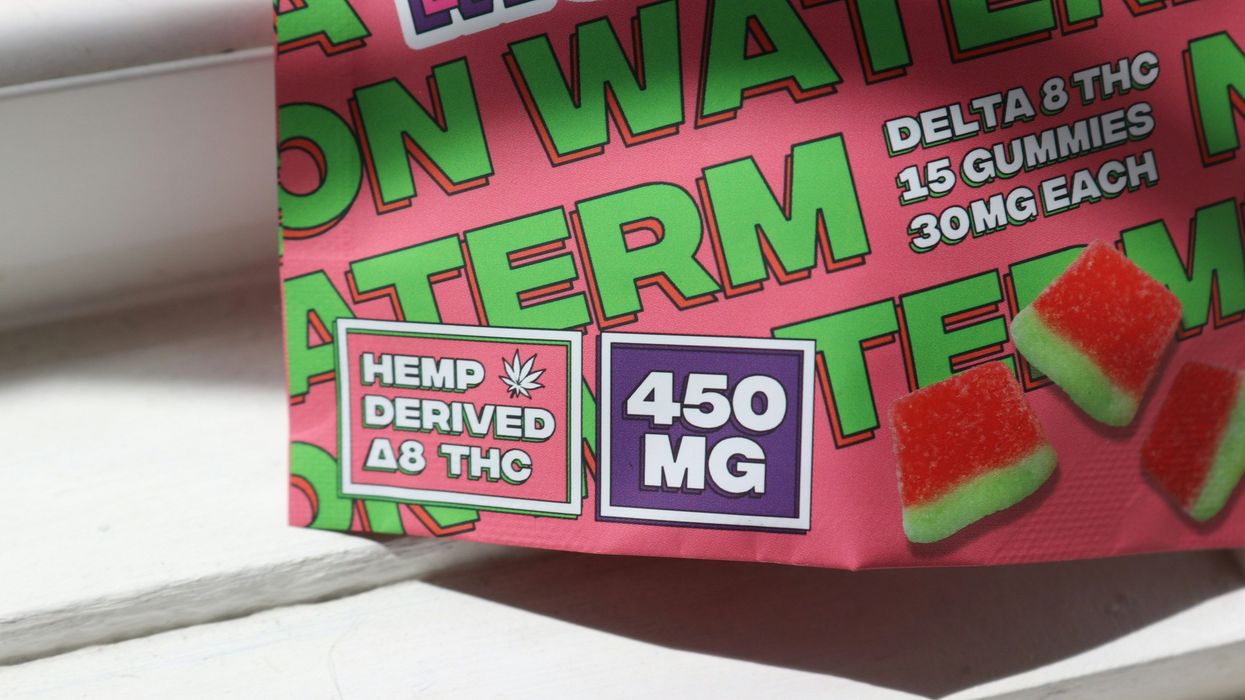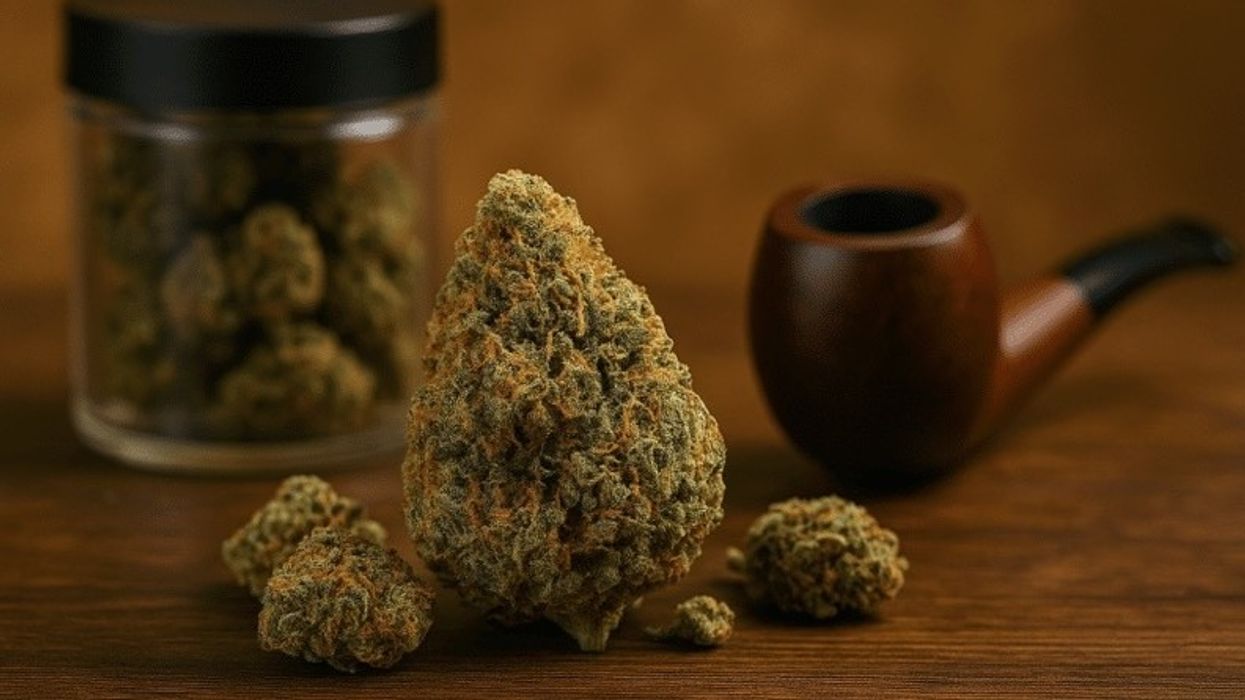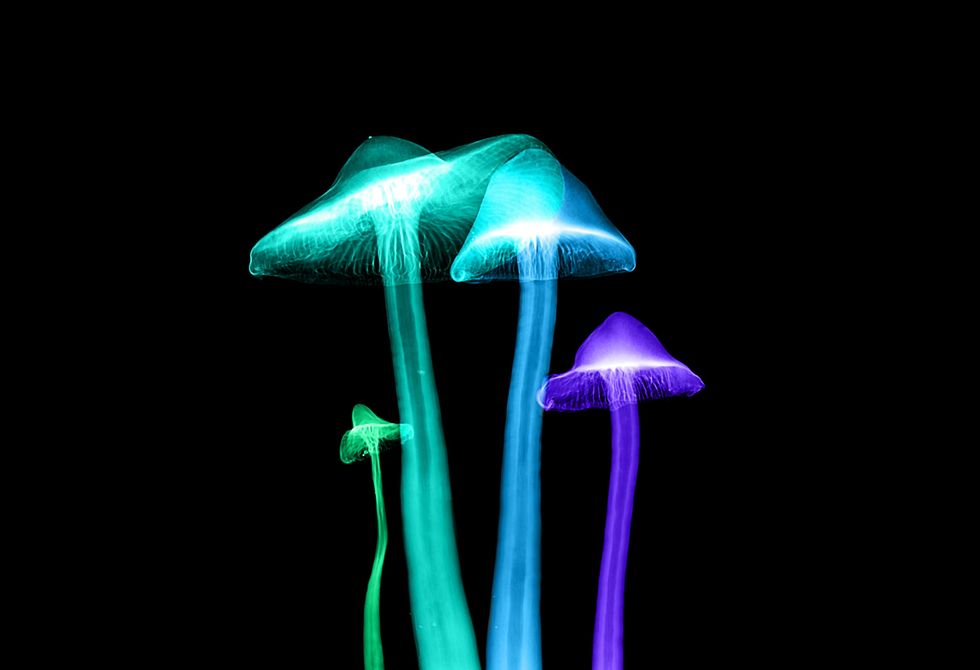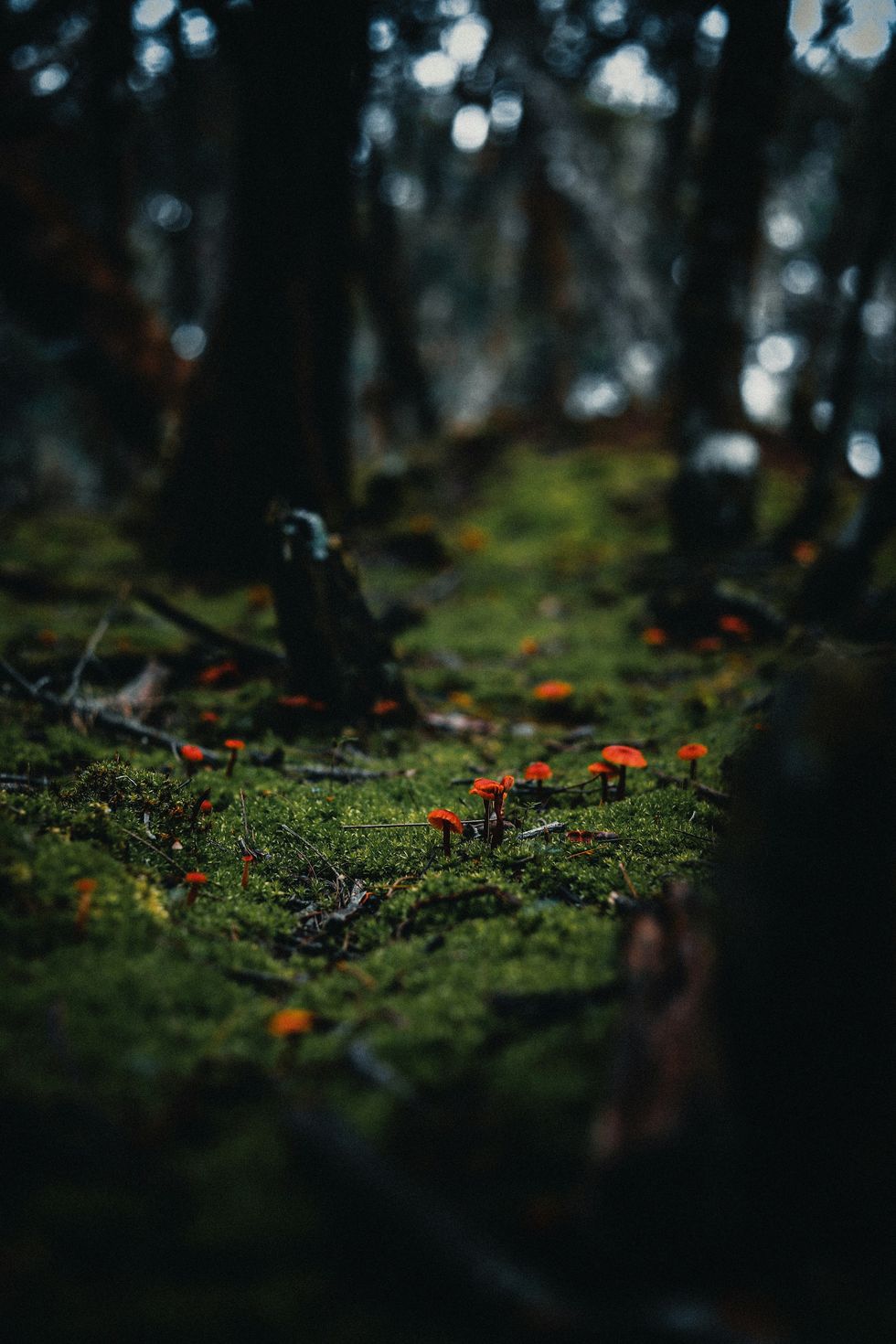Among the many challenges in maintaining a successful relationship, finding ways to coexist with a partner who is cannabis-free can be a formidable task.
How do you handle these differences? What if these differences become a growing source of conflict? Should I try to educate and convince my partner to give cannabis a try?
There are many couples in which one partner drinks alcohol while the other abstains. Patience, understanding, and responsible use can go a long way toward bridging the divide; the same goes for dealing with dissimilarities in cannabis consumption.
Dr Jordan Tishler, CMO of InhaleMD.com
While there are never any hard and fast rules that apply to every relationship, here are some tips that might help.
Open the Lines of Communication About Cannabis Use
As in any relationship, communication and compromise are key, so be open and honest about the role of cannabis in your life. Lying about your consumption, when and where you partake, or denying your why it is important to you can only do more harm than good. To get the conversation going, here are a few starter questions.
1. How can my cannabis habits be improved?
2. How do you see my/your relationship with cannabis?
3. These are the benefits I see in cannabis consumption
4. Do you have any issues or concerns and what could possibly help?
Talk about your family history
If the person using marijuana has a family history of drug or alcohol addiction, and they are consuming more and more, then they may be at a higher risk of addiction. A lot of research has been devoted to the uncovering the relationship between addiction and genetics, and some of these same studies have found that consumption can increase over time as they body builds up immunity to the drug.
When you enter into a relationship it is important to talk to the other person and find out what their stance is on marijuana use in any capacity, and whether addiction runs in their family. This can determine whether you could or should go forward with the relationship or if you should just stop using the drug and give it up for your significant other.
Take time to discuss how use is affecting the relationship

Every couple needs to set aside dedicated time to assess how the relationship is going and what they can do to make it better. This is especially goes for couples where one person smokes marijuana where the other one doesn't.
The key to making it work is discussing how the drug is affecting your relationship. Is the non-user getting discouraged because you frequently become less active or disinterested in the day-to-day? Is the user frustrated because you seem to tense when they smoke and attempt to relax? Communication is key to making it work!
Respect how each other feels about cannabis
You may fall in love with someone and love everything about that person. You may love the fact that they are kind and generous and patient, but the one thing that is a problem with the person is the fact that they smoke pot.
If you feel as though you cannot live without that person despite their usage of marijuana, you can discuss how to make it work. Set boundaries and say they can smoke as long as it is not inside the house. Tell them when you do or do not mind them getting high so that it does not cause friction between you two. And if it becomes a problem, agree to be open and honest with one another so you can fix the problem and get back on the same page!
Don’t Try to Convert Your Partner
Never. Ever. Remember the old saying "to each his own," but trying to convert someone to usage or non-usage, can be troublesome. Despite how the message is delivered, it may sound more like and ultimatum - and ultimatums are never good for any relationship.
WANT MORE? Sign Up for The Bluntness Newsletter for Your Weekly Dose of Cannabis News
















 What will you do with that cannabis kief collection? - Make Coffee! The Bluntness
What will you do with that cannabis kief collection? - Make Coffee! The Bluntness DIY: How to Make Kief Coffee - The Bluntness
Photo by
DIY: How to Make Kief Coffee - The Bluntness
Photo by 

 Introduction to Psychoactive Mushrooms: The Aztec God Strain - The Bluntness
Photo by
Introduction to Psychoactive Mushrooms: The Aztec God Strain - The Bluntness
Photo by  Introduction to Psychoactive Mushrooms: The Aztec God Strain - The Bluntness
Photo by
Introduction to Psychoactive Mushrooms: The Aztec God Strain - The Bluntness
Photo by